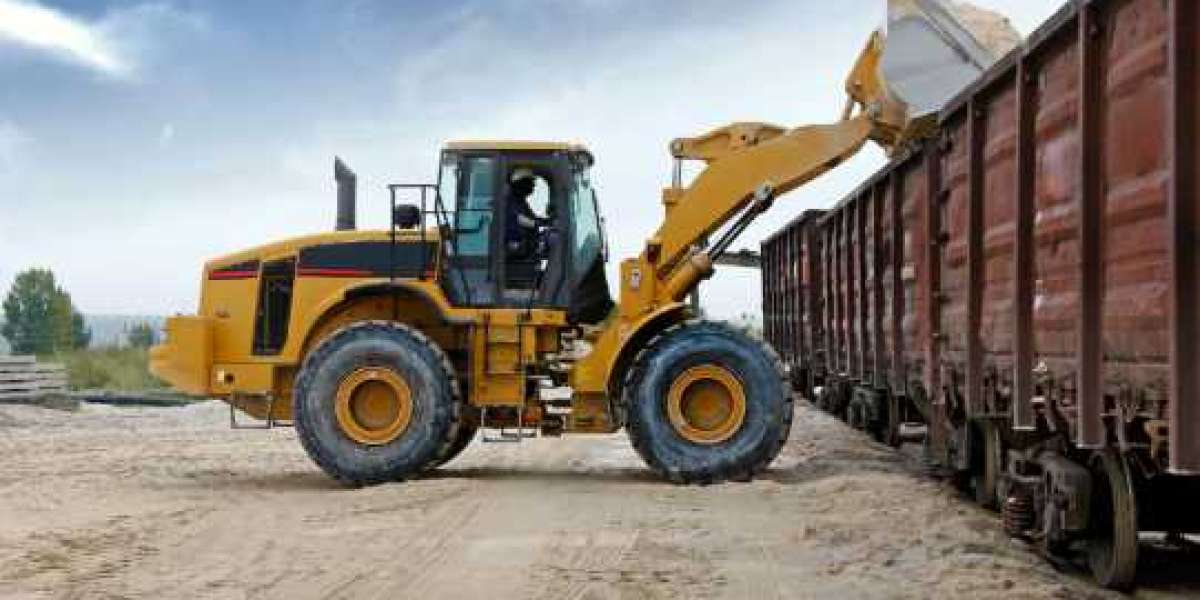When it comes to commercial weighing, accuracy and reliability are non-negotiable. Businesses that sell products based on weight, such as grocery stores, butcher shops, pharmacies, and industrial suppliers, must comply with strict legal regulations. This is where a trade approved scale plays a crucial role.
What is a Trade Approved Scale?
A trade approved scale is a weighing instrument that meets government and industry standards for commercial transactions. Unlike standard household or industrial scales, these scales undergo rigorous testing and certification processes to ensure they provide precise and consistent measurements. In Australia, the National Measurement Institute (NMI) oversees the approval of weighing equipment for trade use.
To be legally used in trade, a scale must bear an approval mark, demonstrating that it complies with the National Measurement Act 1960. Businesses using non-approved scales for commercial transactions risk penalties and fines, making it essential to invest in a certified weighing system.
Why Businesses Need a Trade Approved Scale
Using a trade approved scale is not just a legal requirement but also a business necessity. Here’s why:
1. Legal Compliance
The Australian government mandates that all weighing equipment used in commercial transactions must be trade approved. This ensures that consumers receive the correct quantity of goods they pay for, protecting both businesses and customers from fraudulent or inaccurate measurements.
2. Customer Trust and Transparency
A certified trade approved scale assures customers that they are getting fair value for their money. Whether it’s a supermarket weighing fresh produce or a jeweler measuring precious metals, consumers can trust that the weight displayed is accurate and legally valid.
3. Prevention of Financial Losses
Inaccurate scales can lead to revenue loss, either by undercharging or overcharging customers. If a business undercharges, it loses profit; if it overcharges, it risks fines and reputational damage. A trade approved scale eliminates these risks by ensuring precise measurements.
4. Industry-Specific Requirements
Certain industries have strict regulations regarding weight accuracy. For example:
Retail and Grocery Stores: Scales must be trade approved to ensure accurate pricing of fruits, vegetables, meat, and packaged goods.
Pharmacies: Medications and pharmaceutical ingredients must be weighed precisely for safety and compliance.
Jewelry Stores: Precious metals and gemstones are valued based on weight, making accuracy crucial.
Industrial and Manufacturing: Many sectors require precise weight measurements for production and logistics.
How to Choose the Right Trade Approved Scale
Selecting the right trade approved scale depends on your business needs. Here are some factors to consider:
1. Accuracy and Capacity
Different businesses require different scale capacities. A small jewelry shop may need a scale with milligram precision, while a warehouse might require a high-capacity industrial scale.
2. Approval and Certification
Always check for an NMI approval mark before purchasing a trade approved scale. This ensures that the scale complies with legal standards and can be used for commercial transactions.
3. Durability and Build Quality
Since commercial scales are used frequently, investing in a durable model made from high-quality materials, such as stainless steel, ensures longevity and reliability.
4. Ease of Use and Features
Look for user-friendly scales with digital displays, connectivity options (Wi-Fi, Bluetooth, or USB), and data tracking capabilities. These features can streamline business operations and improve efficiency.
Where to Buy a Trade Approved Scale
When purchasing a trade approved scale, it’s essential to buy from a trusted supplier. Smart Tech Australia offers a wide range of certified weighing solutions designed for different industries. With a focus on compliance, accuracy, and durability, their products meet the highest legal standards.
Conclusion
A trade approved scale is more than just a measuring tool—it’s a legal requirement and a business asset. Ensuring that your business complies with Australian regulations not only helps avoid legal penalties but also builds customer trust and operational efficiency. Whether you operate a grocery store, pharmacy, jewelry shop, or industrial business, investing in a high-quality, certified weighing system is a smart decision.





















